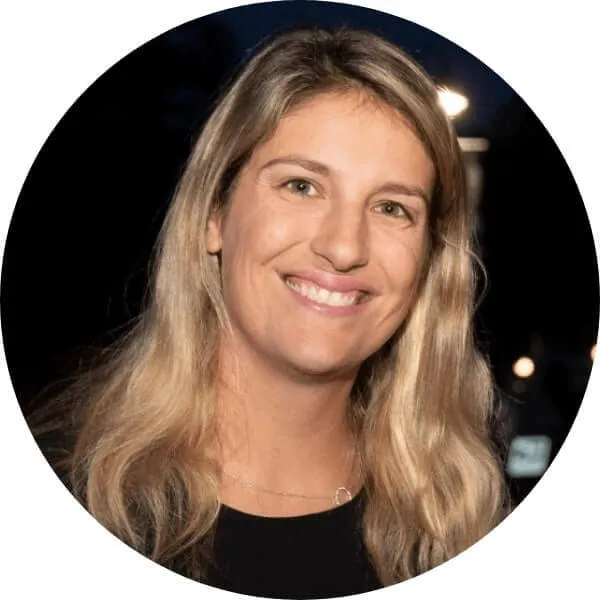De-risk Your Content Strategy with MarketMuse AI
Jeff Coyle, Co-founder and Chief Strategy Officer at MarketMuse, demonstrates how their AI-powered content intelligence platform delivers personalized content recommendations so you can create organic content that beats out your competitors in less time.


.webp)





.webp)
.webp)
.webp)





.svg)



